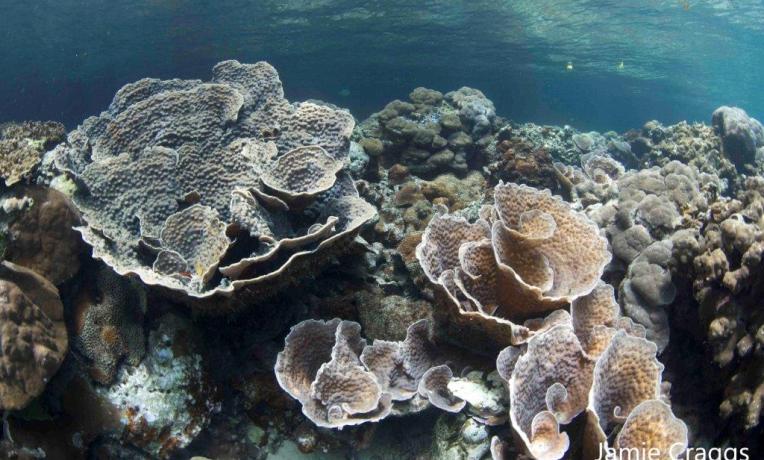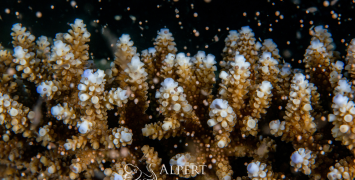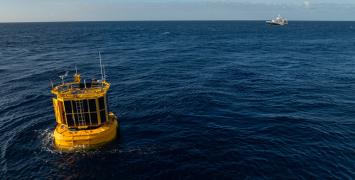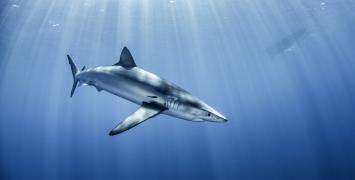Helping corals resist climate change
Our oceans' beautiful coral reefs are in danger from overheating. However an ERC funded team is working underwater and above to help them survive. Watch our photostory to get a glimpse of their stunning work.

Coral reefs provide a habitat for around 25% of all marine life. Corals are sensitive to changes in water temperature and cannot survive if the temperature rises too much – and climate change has already affected water temperatures in most areas of the world. Scientists at Newcastle University are conducting an ERC funded study into the feasibility of using selective breeding and an innovative mass re-population method to help corals. Dr James Guest is part of a collaborative effort involving many international researchers who conduct work based at the Palau International Coral Reef Center.
Corals have been devastated by increases in sea temperatures as a result of climate change, however not all corals are affected in the same way. Even within populations there is often considerable variation in heat resistance. If we can selectively breed these more heat resistant corals and translocate them to the reef in a cost effective way, we might be able to pre-prepare some reefs for future heat stress.
It is critical to know first if these traits are heritable in the long term and what trade-offs might occur as a result of selecting for heat resistance. The only chance for coral reefs to survive in the long term is to drastically reduce atmospheric carbon emissions, however we hope some of the techniques we are investigating might help buy time for corals in the shorter term.
The overall aim of CORALASSIST is to establish the feasibility of implementing assisted gene flow (AGF) in coral reef ecosystems using a combination of selective breeding, genomic, proteomics and innovative translocation techniques. AGF involves the deliberate movement of individuals within their natural range to facilitate adaptation to environmental change.
The focus of the research will also be to ensure that greater tolerance to heat does not come at the expense of other valuable traits. The team hopes that by taking a holistic view, they can develop coral strains whose traits can be inherited, giving stressed reefs a greater chance of survival in the face of climate change.
Watch the video above to see how the Coralassist project studies how to help corals.
For a live update on the project's progress, visit the team's Facebook and Twitter accounts.






